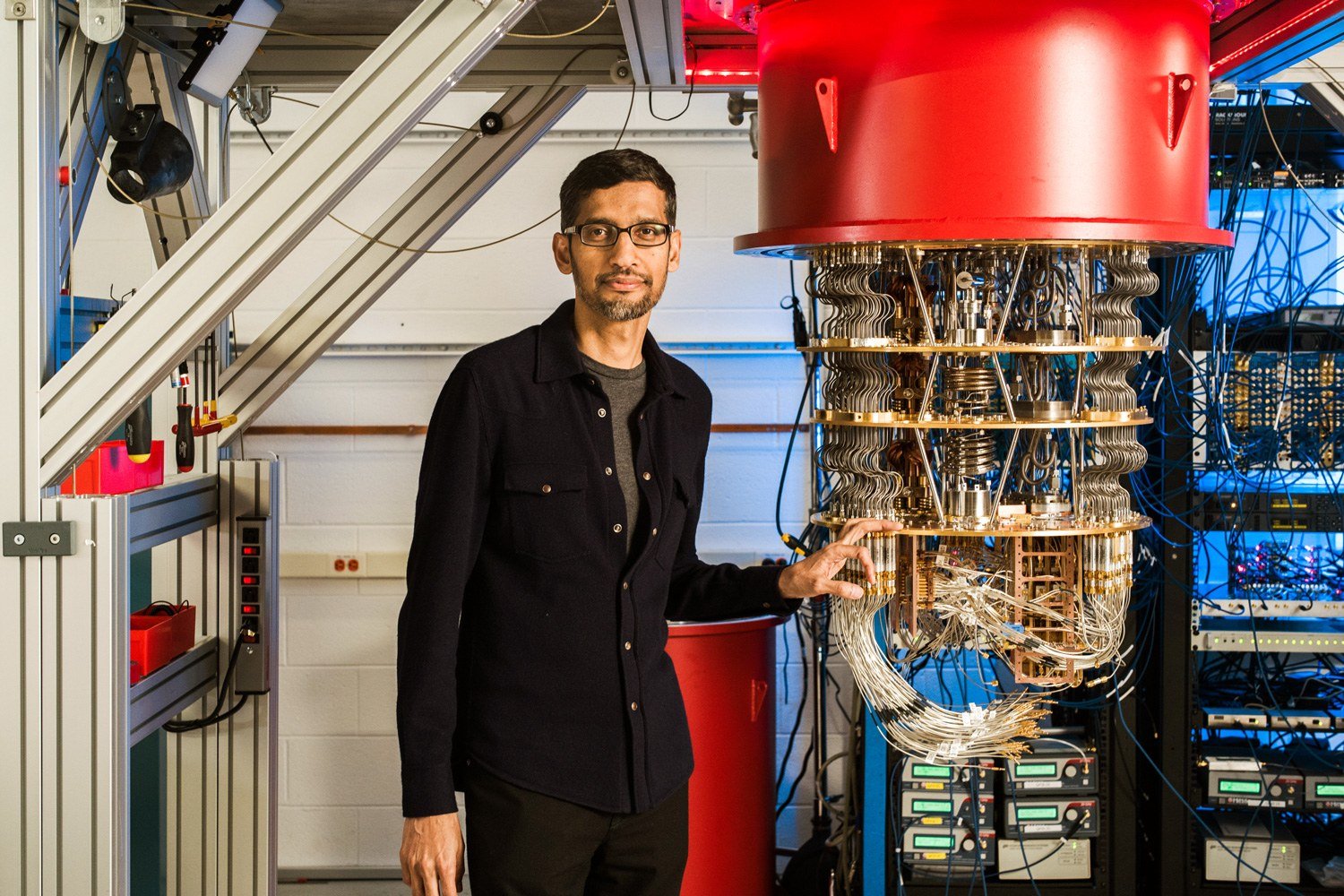
Wired Magazine recently dropped the news that Google is busy building another quantum team. This team is connected with the Googlers that claimed their quantum computer achieved quantum supremacy, but the team and its mission is being kept largely secret by the search engine behemoth.
But, just because Google — aka Alphabet — can achieve quantum supremacy, doesn’t mean it can achieve quantum secrecy. What follows is part of the great tradition of mindless speculation and unsubstantiated rumor-mongering about Google’s secret quantum project.
First, here’s what we know. The magazine reports quantum computing team is stations at its secretive lab X, which is “dedicated to incubating “moonshot” technologies that might underpin new Google-scale businesses.”
Wired adds that, size-wise, the team that is involved in Google’s secret quantum project is not a big group and it’s not involved with the hardware end of the company’s quantum efforts.

“Its small group of quantum researchers is not building its own quantum computing hardware. The group’s leader is more interested in creating new algorithms and applications to run on quantum computers, and building software libraries that allow conventional coders to use the exotic machines,” according to the magazine.
And the X quantum group’s leader is, Jack Hidary, who is a quantum software enthusiast.
So, here are a few guesses about what’s going on.
1. It’s Just Software You Idiot.
The magazine quote’s Hidary’s interest in software:
“Hardware’s very interesting [but] it’s really software that gets the majority of the value creation,” said Jack Hidary, the serial entrepreneur who leads X’s quantum research, in a November talk at Carnegie Mellon University. He pointed to how software companies such as Microsoft are collectively worth much more than the hardware manufacturers their products run on, even though it was advances in hardware that initially created the computing industry.”
So. It’s simply quantum computing algorithms and you can keep the conspiracy for Joe Rogan, thank you very much.
2. It’s Quantum AI
There’s no doubt that Google is interested in machine learning and artificial intelligence. It’s an industry leader in using those technologies to build out its search engine dominance and smart chatbots, to name a few technologies.
Well, take quantum computers and add AI and, if blended successfully, you have a very powerful technology that would catapult the company’s technological products into and quickly beyond anything a competitor could conceive with classical AI.
3. It’s Quantum BCI
Take quantum computing and add brain-computer interface (BCI) and you have… Well, hell, I don’t know, but it’s a wild idea of directly controlling a quantum computer with your mind, no? And imagine what you could do with quantum Google glasses. The reason for this wild guess is Hidary’s brain science background.
“A neuroscientist by training, Hidary founded and took public the IT portal EarthWeb during the dotcom boom of the late ’90s. In 2013 he ran as an independent for mayor of New York City on a tech-centric platform that included, according to New York magazine, promising at one event that if he won “everyone gets a pair of Google Glasses.” He got 0.3 percent of the vote on Election Day and has been an adviser to X since at least 2016, joining Alphabet full time in 2018.”
Those are some rough guesses — but please submit your own ideas in the comments. The more conspiracy-tinged, the better!

















